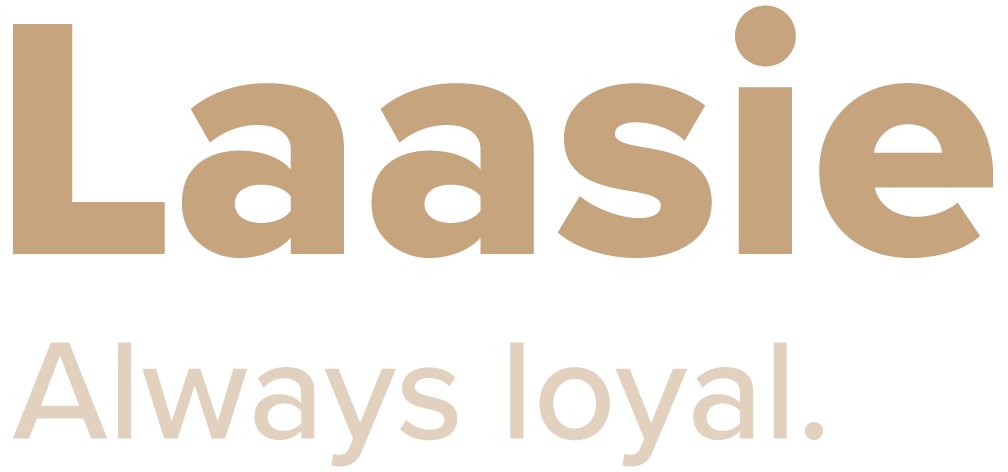3rd Party Cookies Are Crumbling: What Does This Mean for Hotels and Guest Data
Rewarding guests for sharing their data is an opportunity to gain valuable insights and build more personalized connections as search engines crack down on website tracking
It’s officially time for businesses to get their hands out of the cookie jar – the internet cookie jar, that is. In January 2020, Google announced its intentions to “overhaul Chrome” by removing cookies and, in turn, better protect users' privacy as they browse the web. Fast forward to today, and the search engine giant has scrapped its original plan to transition to Federated Learning of Cohorts (FLoC) in favor of a new system called Topics, expected to materialize in 2024. Although the jury is still out on when this transition will reach its completion – and whether or not it will have a meaningful impact on user privacy – one thing remains certain: the days of internet cookies are coming to an end sooner rather than later.
Of course, it could also be argued that this is not a new development; after all, other search engines, including Safari, Firefox, and Brave, have already restricted the use of cookies. However, it's essential to acknowledge the market share which Google Chrome captures. Chrome hogs 63 percent of the global browser market and, in many ways, sets the standards accepted across the industry. Whether you love or hate Google doesn’t particularly matter in this case; Google still runs the digital world, and its big-picture influence is impossible to ignore.
The reasoning for the inevitable phase-out of cookies, Google argues, is that "Users are demanding greater privacy – including transparency, choice, and control over how their data is used – and it’s clear the web ecosystem needs to evolve to meet these increasing demands.” While this may be true, it represents a significant challenge for businesses, especially those in industries that rely heavily on collecting user data over digital mediums to inform a more personalized browsing experience.
As you might have guessed, the hospitality industry falls heavily into this bucket. Today's guests come to the table with exceptionally stringent rules of engagement; hotels must offer a highly personalized experience that is equal parts high-touch and high-tech while still adhering to emerging data privacy regulations. This begs the question – with the digital cookie jar officially closed for business, how will hotels capture guest data to offer a more personalized and memorable experience?
A Glimpse Into a Cookie-less Future
In simple terms, cookies store unique identifiers (like session IDs) about your computer to identify you as an individual visitor. These cookies are then sent back to the server each time your browser requests a new page, which helps websites remember you, your preferences, and your habits online.
According to research, 62% of customers prefer personalized products and services, but almost the same number (61%) feel like they have lost control over how companies use their information. We’ve found ourselves at a critical inflection point, it would seem, where consumers remain conflicted in their continued embrace of a double-edged sword. On the one hand, personalized experiences are significantly more satisfying than the alternative, but on the other hand, personalization comes at a price: user data. Until now, consumers have been the ones to foot that bill, and perhaps, as we move forward into this new and largely uncharted terrain, they are ready to flip that script.
In a cookie-less future, hospitality websites must capture and store user data using new methods. But perhaps, it’s time for businesses – specifically, hospitality brands – to step up to the plate and offset the price travelers’ have traditionally paid for a personalized experience. Perhaps, it’s time to stop treating guest data as something inherently given and instead view it as something that should be earned.
A Mutually Beneficial Arrangement
Rather than interpreting Google’s shifts as a threat to business, or the hospitality industry at large, I urge hoteliers to look at it as an opportunity for enhanced connection with guests, especially in the realm of guest loyalty. After all, guests aren’t inherently against sharing their information with hotels; they simply aren’t willing to hand it over for free anymore. Research indicates that most consumers (65%) are willing to share their personal information with a brand or retailer in exchange for more personalized shopping experiences, coupons, or other benefits. Moreover, almost four out of five (79%) of consumers agree that the more personalization tactics a brand uses, the more loyal they are to that brand. Finally, 90% of all travelers expect a personalized experience when they book a hotel.
To incentivize guest behavior, platforms like Laasie aim to offer instant gratification at every touch-point. With Laasie’s exclusive network of over 1,000 rewards partners, hotels can now provide their guests instant gratification at every touch-point. Rather than relying on a legacy, volume-based points model, hotels can build a reciprocal relationship with guests.
Using a modern, AI-powered loyalty platform, hotels can finally reward guests for their actions (even beyond the booking decision) to generate guest insights at every turn. By shifting our industry’s approach to guest loyalty, hotels can effectively earn the guest data they hope to capture, which will not only maximize conversion but empower a better guest experience, and higher lifetime value attributed to each guest. The best part? The personalization offered to guests – and subsequently, the relationship shared between guests and their favorite hotels – will only improve with time. No cookies needed.

